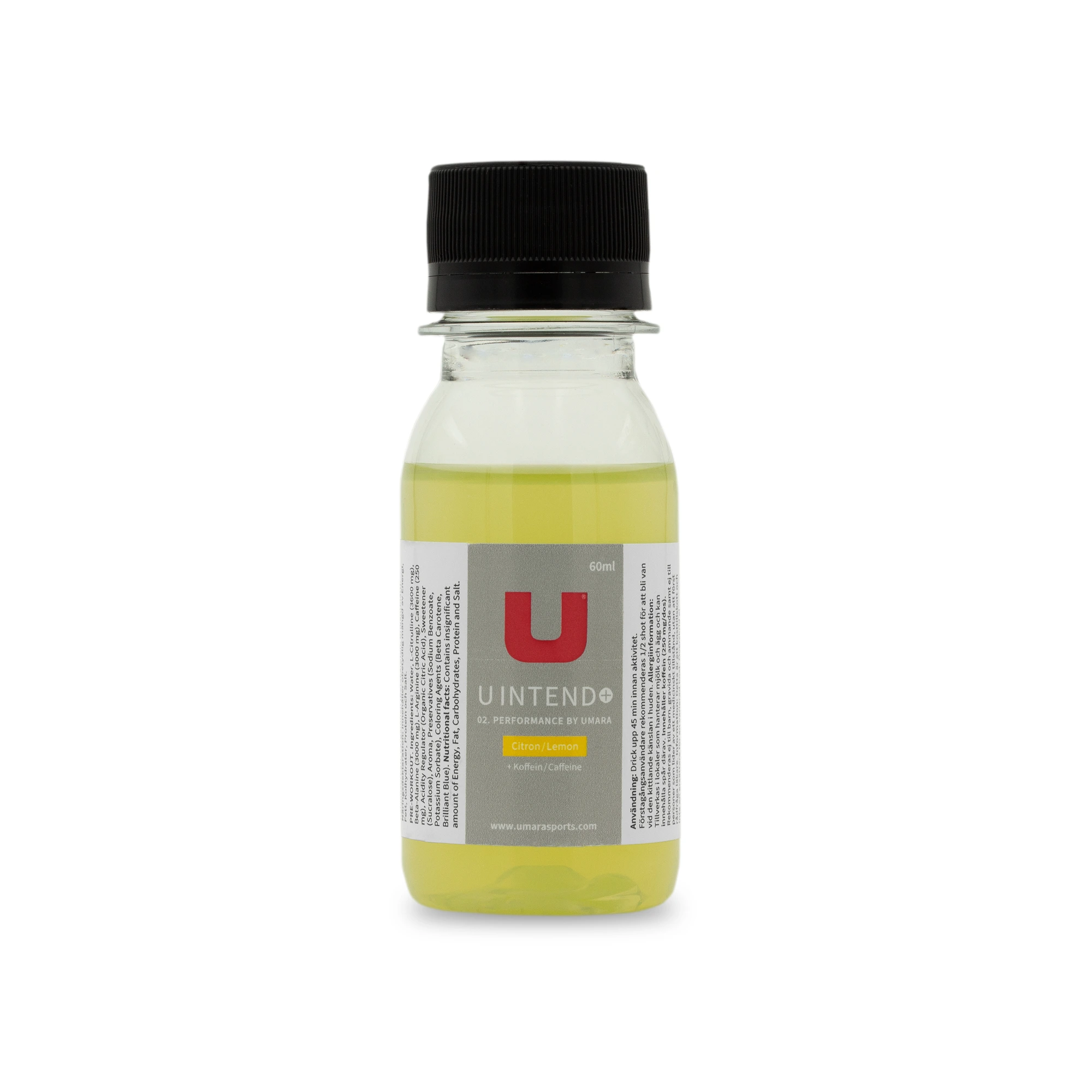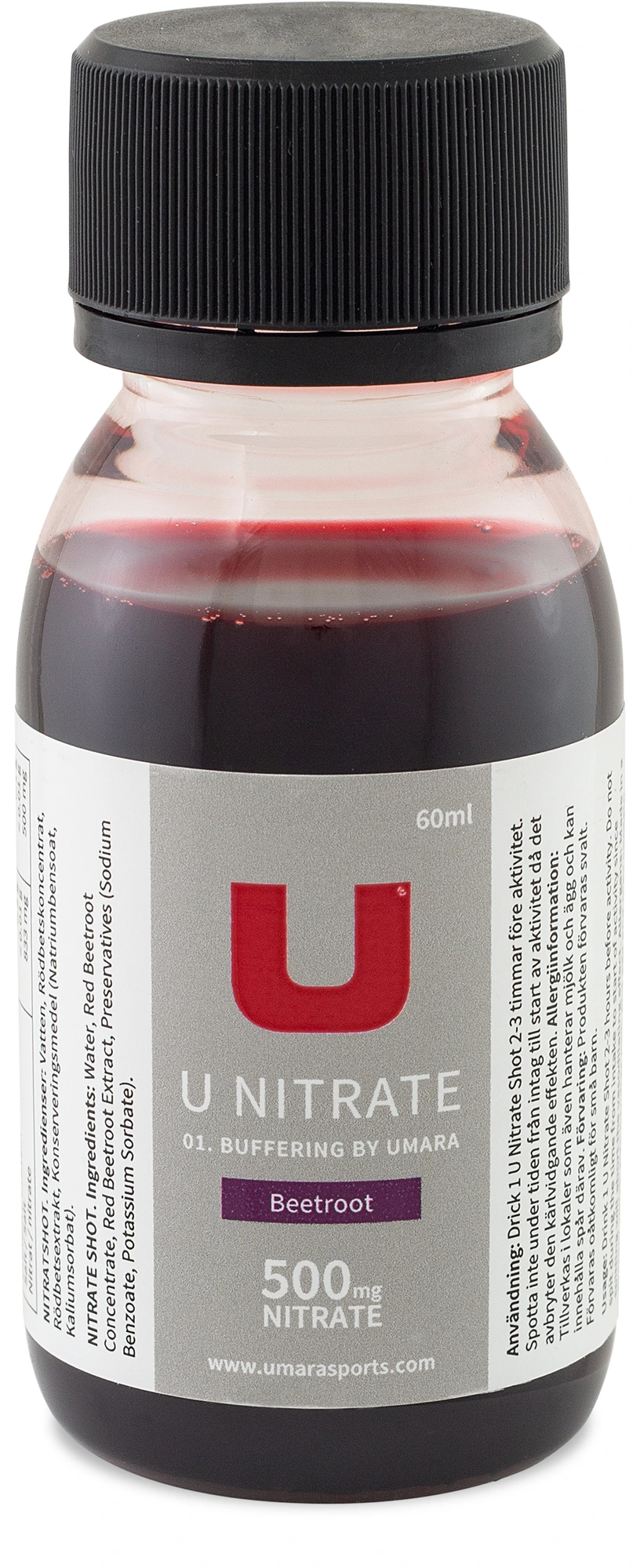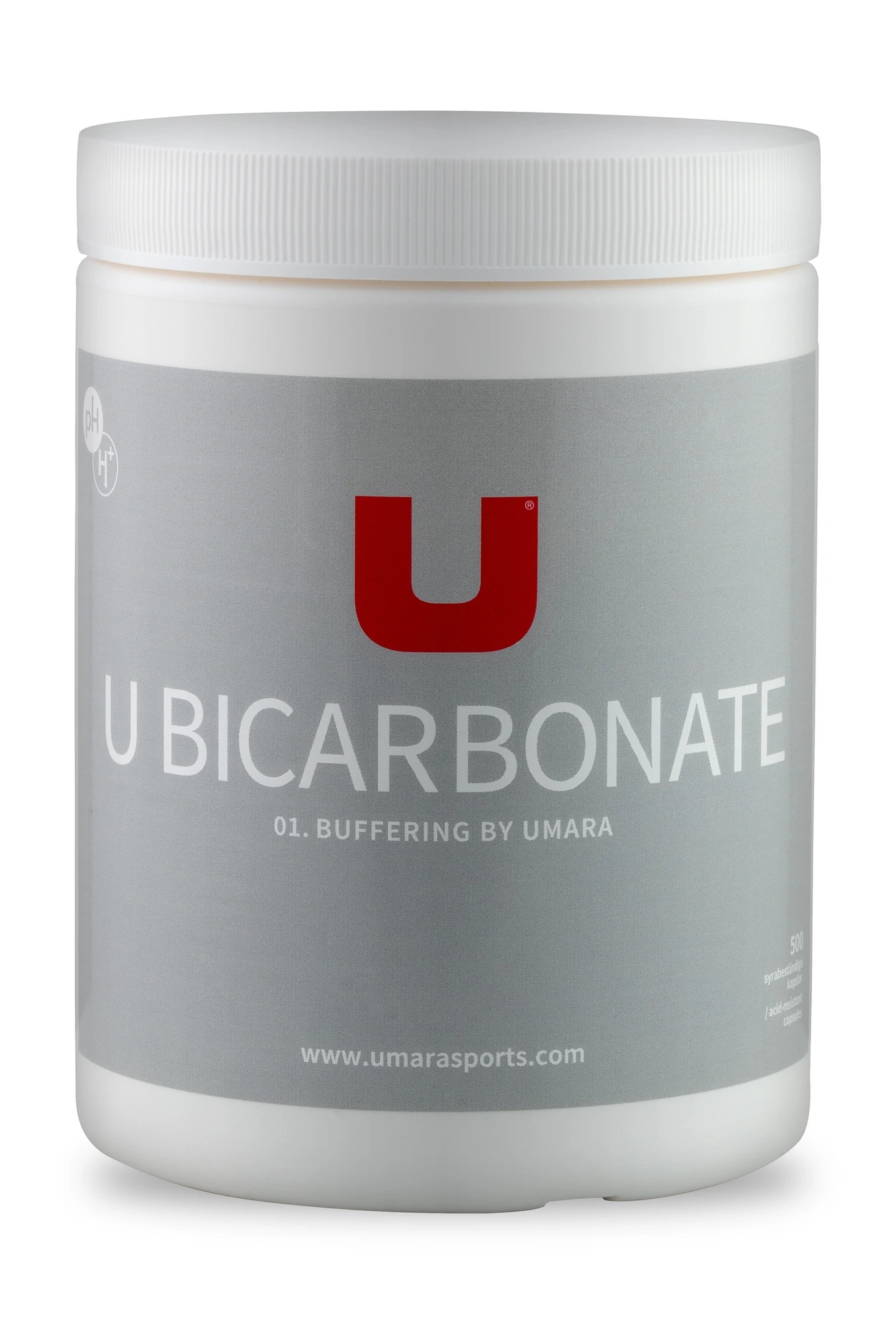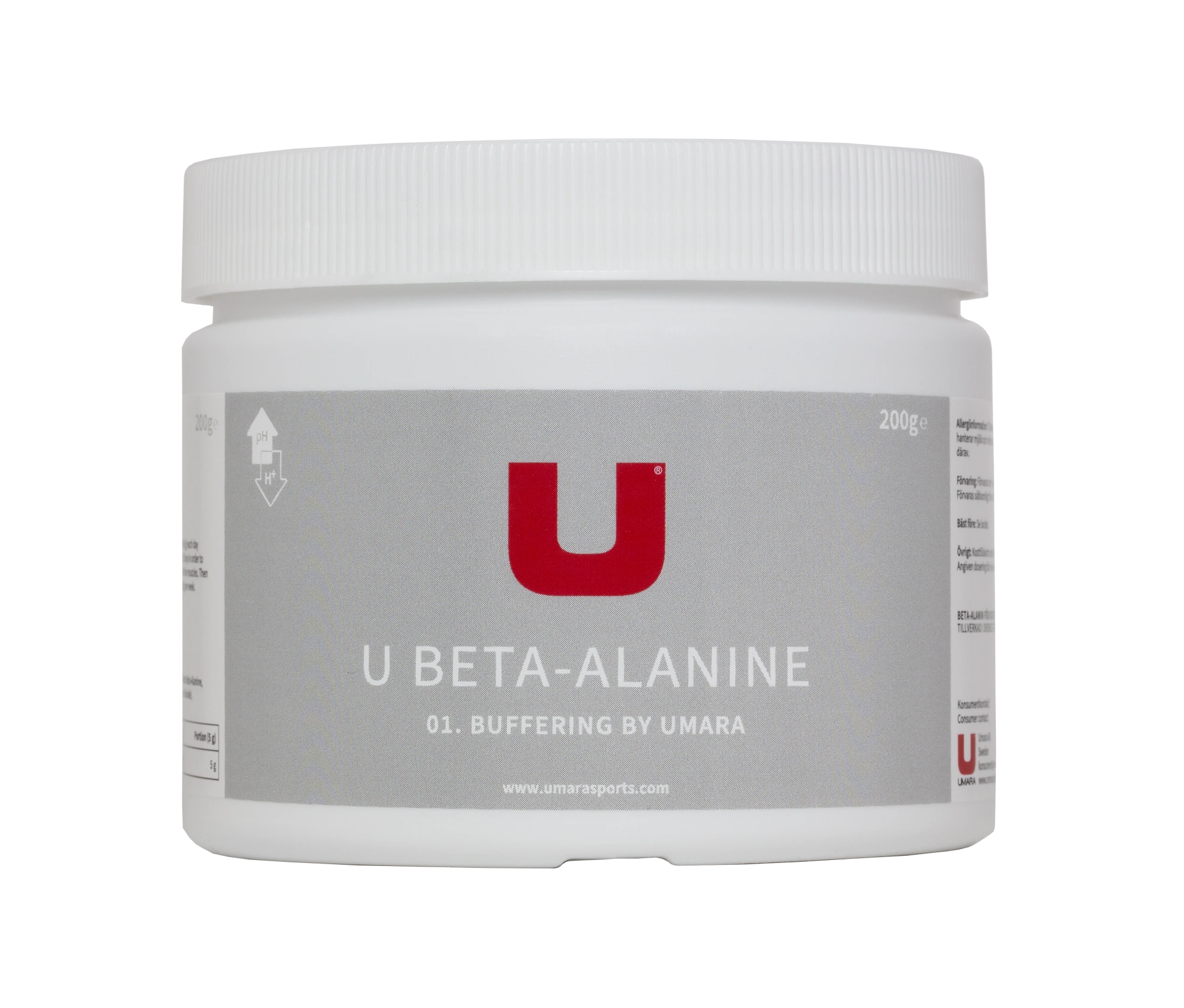
Supplements for optimal performance in endurance sports
Caffeine
No doubt here, caffeine has a performance-enhancing effect (as long as you don't have a certain genetic predisposition and are a non-responder), which very few of us are.
The positive effects occur because when caffeine enters the bloodstream and is transported, our adenosine receptors in the central nervous system (CNS) are affected.
Adenosine is a neurotransmitter that attaches to these receptors and dampens the effects in our nervous system. It ensures that we wind down, our blood pressure drops, and we become tired. The amount of adenosine increases in the blood throughout the day, and by evening, the levels are higher; adenosine attaches to many receptors and signals fatigue, and guess what... we get tired. The amount of adenosine even increases even faster if the amount of oxygen in the blood is low. This is a safety mechanism that kicks in to prevent the brain and body from running at high revs, for example, if you faint, or during high exertion when oxygen is insufficient. Adenosine works as the brain's rev limiter, we could say, ensuring that we get tired.
What’s cool about caffeine is that the caffeine molecule looks almost identical to the adenosine molecule and can therefore attach to the same receptors. In this way, adenosine is prevented from binding to the receptors, and we do not get tired. We have essentially disconnected the rev limiter and don’t become tired as quickly.
The recommended dose is 3-6mg of caffeine per kg of body weight 1 hour before activity. If you are used to caffeine from, for example, coffee, you might need to go up to 6mg/kg, while someone as described above does well on 3mg/kg and may even experience negative effects at doses approaching 6mg/kg. Caffeine has an effect on everything from shorter intense sprints to longer sessions.
Nitrate
The effects of nitrate are reduced oxygen consumption during a given activity, which leads to increased performance. The effects are attributed to the nitrate in, for example, beetroot juice (or nitrate in pure form) that is converted to nitric oxide, which dilates blood vessels and increases blood flow as well as oxygen transport to working muscles.
Most studies note an effect with an intake of 6-8mmol, but well-trained athletes with an oxygen uptake of +60ml/kg/min seem to require higher doses acutely and/or buffer with intake over 3 days before competition. Studies measuring performance-enhancing effects on these well-trained individuals have used 12.5-19.5mmol as an acute intake or 3-7 days of buffering. This is not unreasonable as well-trained individuals already have a "better" developed network of blood vessels with dilated vessels and good oxygen transport. This is one of the many positive effects of actually training. For a well-trained person to achieve additional effects, even more nitric oxide is required to signal the dilation of blood vessels. And yes, this means that a higher dose of nitrate needs to be consumed to be converted into nitric oxide and provide vasodilating and performance-enhancing effects.
The intake should occur 2-3 hours before activity in the case of acute intake. And for those very well-trained, buffering is applicable where intake can occur at any time during the day for 3-7 days before, plus intake 2-3 hours before the start.
Bicarbonate
Bicarbonate, or sodium bicarbonate as it is actually called, works largely by increasing the pH in the blood, allowing more "acid" produced in the muscles to leave the muscles and enter the blood for processing. This enables us to work for a longer time or at higher intensities beyond the threshold and push a little extra hard during intervals and threshold sessions. The dosage should be 0.2-0.4g/kg body weight and taken 1-3 hours before activity.
It tastes really awful, but there is an effect as long as you avoid stomach issues. A well-known side effect from bicarbonate intake is stomach issues due to gas development that occurs in the stomach/intestines when something very alkaline meets the highly acid environment in the stomach. It doesn’t create a nice and warm summer feeling in the stomach directly, but is more akin to a volcanic eruption, which has led many to hesitate about the supplement.
Much research is currently being conducted around the world on how we can encapsulate bicarbonate in acid-resistant capsules to avoid the negative effects in the stomach. Therefore, at U Bicarbonate, we have encapsulated the bicarbonate, thus eliminating the taste and reducing the risk of stomach problems.
Performance increases range from 2-12% at different distances. But you get the most effect when the intensity is high and the "lactic acid" is present in every step/pedal stroke.
Beta-Alanine
Beta-Alanine works very similarly to bicarbonate but still differently. Bicarbonate buffers the pH in the blood so that more "acid" can leave the muscles (acid goes towards basic in an equilibrium reaction so that more basic blood can receive more acidic ions).
However, Beta-Alanine buffers the pH inside the muscle cell itself by increasing the amount of carnosine by 50-60% in the cells, which in turn manages the "acid" on-site. The recommended intake here is 4-6g/day for 4-12 weeks, which provides performance-enhancing effects during high-intensity intervals where the work time per interval is 1-4 minutes.
Beta Alanine gives a tingling sensation in the skin. This effect is completely harmless and can be avoided by taking lower doses of 1-2g each time at several different occasions throughout the day while buffering.
Once you have buffered up to a level, it decreases very slowly (2% per week), so you retain the effects for a long time. It's also easier to maintain the "buffering" by taking 3g/week. The performance increase averages 2.85%.
If you want to read more about which supplements have good evidence in research, check out this study.
Push hard on the intervals now!
//Team Umara




